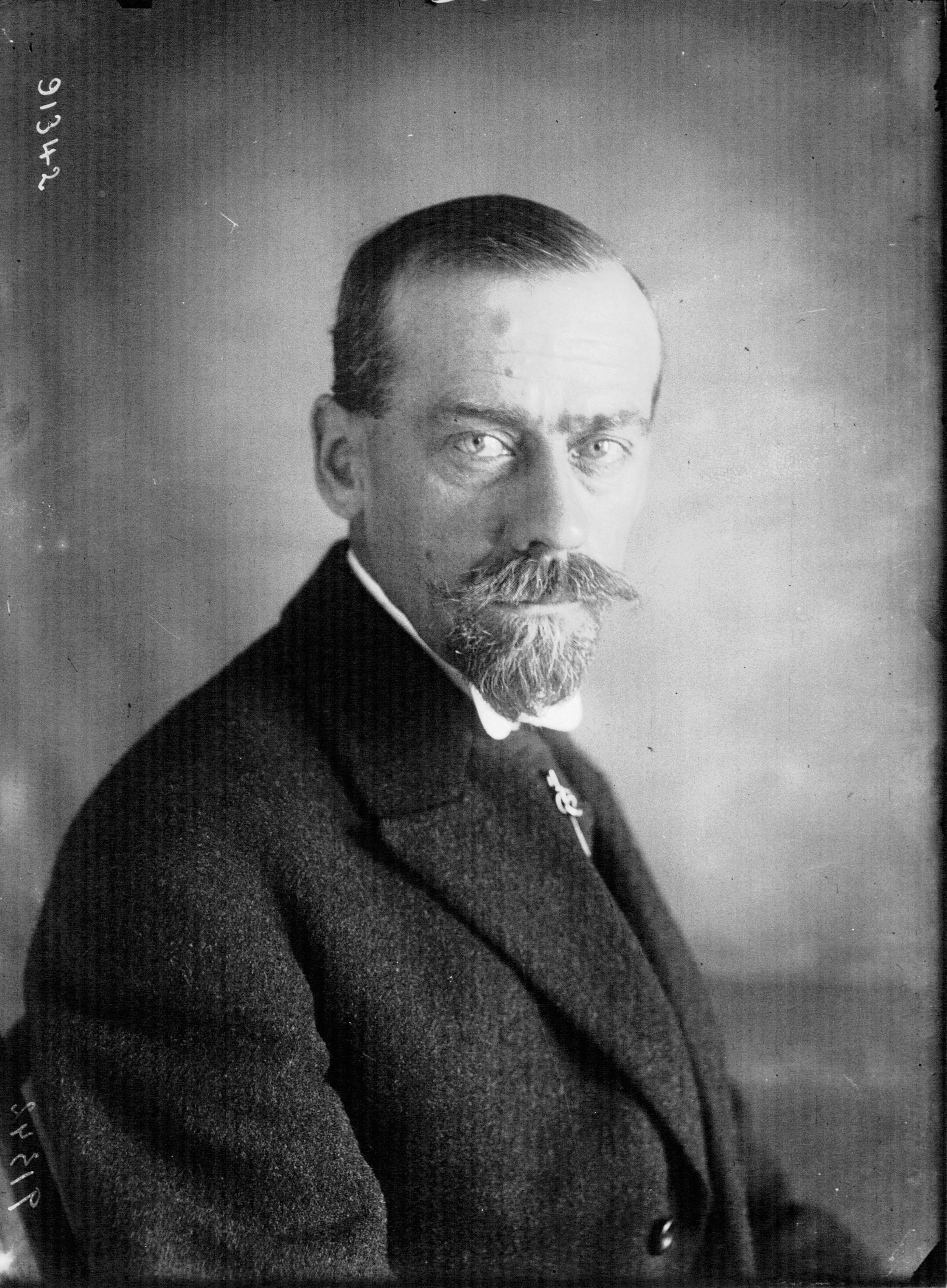1. Early Life and Background
Albin Georges Lermusiaux was born on August 9, 1874, in Noisy-le-Sec, France. During his formative years and into his athletic career, he was affiliated with the prestigious Racing Club de France in Paris, which was a prominent sports club of his era. He passed away on January 20, 1940, in Maisons-Laffitte, France.

2. Athletic Career
Albin Lermusiaux's athletic career saw him compete at the highest international level, most notably at the 1896 Athens Olympics, and also achieve significant success in domestic competitions, setting national and European records.
2.1. 1896 Athens Olympics
Lermusiaux competed in a total of four events at the 1896 Summer Olympics, encompassing both athletics and shooting disciplines.
2.1.1. Athletics Events
In the athletics program, Lermusiaux competed in the 800 metres, 1500 metres, and the marathon.
In the 800 metres event, Lermusiaux demonstrated strong performance in the preliminary heats, winning his heat with a time of 2 minutes and 16.6 seconds. Despite qualifying for the final, he made the strategic decision to withdraw from the race. This withdrawal was reportedly to conserve his energy for the marathon, which was scheduled to take place just one day after the 800 metres final.
The 1500 metres event at the 1896 Olympics was conducted as a single final race, without preliminary heats. Lermusiaux took an early lead and maintained it for the majority of the race. However, in the final straightaway, he was overtaken by Edwin Flack of Australia and Arthur Blake of the United States. Lermusiaux finished third with a time of 4 minutes and 37.0 seconds, earning him a bronze medal. It is notable that at the inaugural Olympic Games in 1896, gold medals were not awarded; winners received a silver medal, and second-place finishers received a bronze. For convenience, Lermusiaux's third-place finish is retrospectively recorded as a bronze medal in line with modern Olympic medal conventions.
On April 10, Lermusiaux was one of 17 runners who started the Olympic marathon. He began the race strongly, leading the field up to the 12 mile (20 km) mark. However, the challenging conditions, including poor road surfaces, high heat, and significant uphill gradients, began to take a toll on the competitors, causing many to drop out. Lermusiaux himself struggled, eventually coming to a halt and receiving an alcohol rub from an attendant to aid his recovery. Despite this, he was unable to continue and ultimately withdrew from the race at the 20 mile (32 km) mark. The marathon distance for this event was approximately 25 mile (40 km), and a total of eight athletes, including Lermusiaux, withdrew from the competition.
2.1.2. Shooting Event
Beyond his athletics endeavors, Lermusiaux also participated in the military rifle shooting event, specifically the 200 metre individual competition. While the exact score and final placement for Lermusiaux in this event are not known, it has been confirmed that he did not rank among the top 13 competitors. The event saw a total of 42 participants, with 13 advancing to the final round.
2.2. Domestic Achievements and Records
Domestically, Albin Lermusiaux was a prominent figure in French athletics. He was a member of the Racing Club de France and achieved significant success in various national championships. He won the French cross country championship in 1895 and the 1500 metres national title in 1896.
Lermusiaux also set several national records during his career, some of which were also recognized as European records at the time. His notable records include:
- 1500 metres:
- 4:18.4 in 1895
- 4:10.4 in 1896
- 1 mile:
- 4:37.4 in 1895
- 3000 metres:
- 9:22.4 in 1895
3. Later Life and Death
After his competitive career, Albin Lermusiaux lived until January 20, 1940. He passed away in Maisons-Laffitte, France, at the age of 65.
4. Legacy and Assessment
Albin Lermusiaux holds a significant place in sports history as a pioneering athlete and sport shooter who competed in the first modern Olympic Games. His participation in multiple events across different sports, including a bronze medal in the 1500 metres, underscores his versatility and athletic prowess during a formative period for international sports. His achievements, both on the Olympic stage and in domestic competitions where he set national and European records, highlight his role in the early development of competitive running and the Olympic movement. Lermusiaux's contribution helped establish the athletic traditions that continue to define the modern Olympic Games.